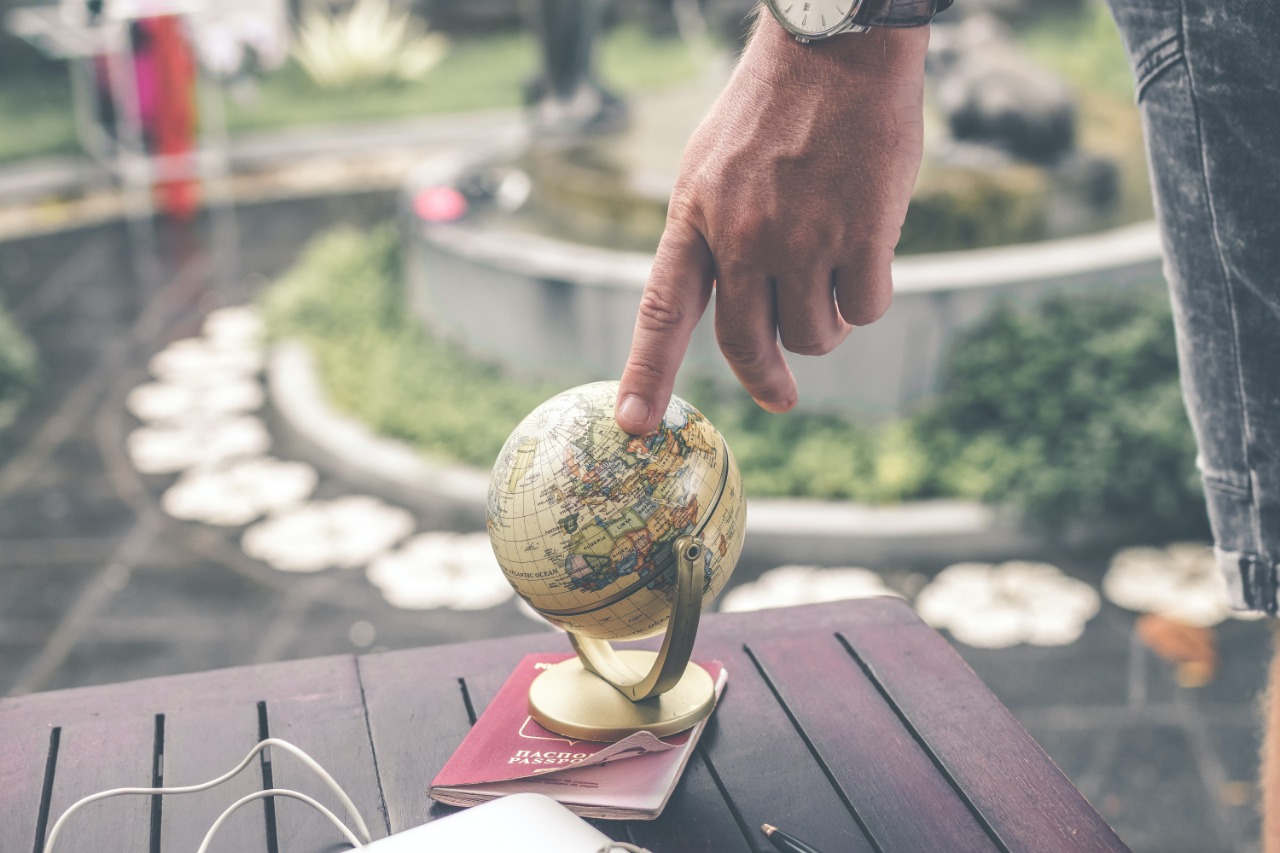
Boris Loginov: ‘Governments Are Making a Tough Choice between Public Health and a Functioning Economy’
The State University of Management and the Diplomatic Academy of the Russian Ministry of Foreign Affairs held a round table on ‘The EU and Russia: How to Survive in Economically Challenging Times’. Keep reading for the key points of the discussion.
At the beginning of the round table moderator Boris Loginov (PhD in Economics, Associate Professor of the Chair of World Economy and International Economic Relations at the Institute of Economics and Finance) underscored that the topic relates to the complex situation that has developed in the European and Russian economies as a result of the restrictive measures taken for businesses and the general population.
In response to the coronavirus pandemic, national governments are making a tough choice between public health and a functioning economy. Which should be saved first? Which is more important: human life or economic life? These are just some of the many questions that must be addressed.
Historical experience (the 1818 Spanish flu pandemic) shows that those governments that prioritised humanitarian goals – saving human lives over the economy – made the right choice as their countries were able to resolve the economic crisis and revive their markets and industry more quickly. The novel coronavirus has complicated all our lives, but it is no secret that neither the EU economy nor economic relations between Russia and the EU were ideal before the pandemic. Brexit, the migrant crisis, the complicated development of the Banking Union and supporting strict budget discipline… These issues still remain in the current climate – as do many others.
The same applies to our bilateral economic relations. Complications in EU–Russian relations caused by Ukraine’s association with the integrated European space, sanctions, the unfinished Nord Stream 2 gas project and other issues that hindered our economic cooperation before have not disappeared. Today it is crucial to overcome these obstacles to help and support each other in overcoming the current major economic crisis.
During the discussion, EU representative Martynas Baciulis, Economic and Trade Counsellor of the EU Delegation to Russia, agreed that the economic situation currently unfolding in the world is extremely complex. Any ensuing recovery will depend (among many other things) on open international trade. Both the EU and Russia appear to agree on this, including in the G20 format.
The reports of postgraduates and final-year students of bachelors’ and masters’ programmes discuss such issues as increasing risks for the European banking system in the light of the pandemic, differences in the buyback strategies of European and Russian companies, attracting investments to the Russian economy amid current challenges and the relevance of green economy.
It was also pointed out that the debt problem will become more pressing due to the coronavirus crisis, with both state and private debt expected to increase. The risks to European banking companies are also predicted to grow, while return interest is set to fall. At the same time, such companies will be supported by the state and receive extra liquidity from the European Central Bank.
The current crisis is particularly complex as it affects both market forces – demand and supply – and cannot be solved by injecting more money into the economy either via the baking system or state budgets.
Participants of the round table also agreed that Russia needs to examine the experiences of economic development in European countries while accounting for the specifics of the Russian economy as the differing structures of GDP and foreign trade as well as the foundations for shaping and allocating national income require prioritising different aspects of anti-crisis measures.
Подпишись на тг-канал "Наш ГУУ" Дата публикации: 4.06.2020
Дата публикации: 4.06.2020


